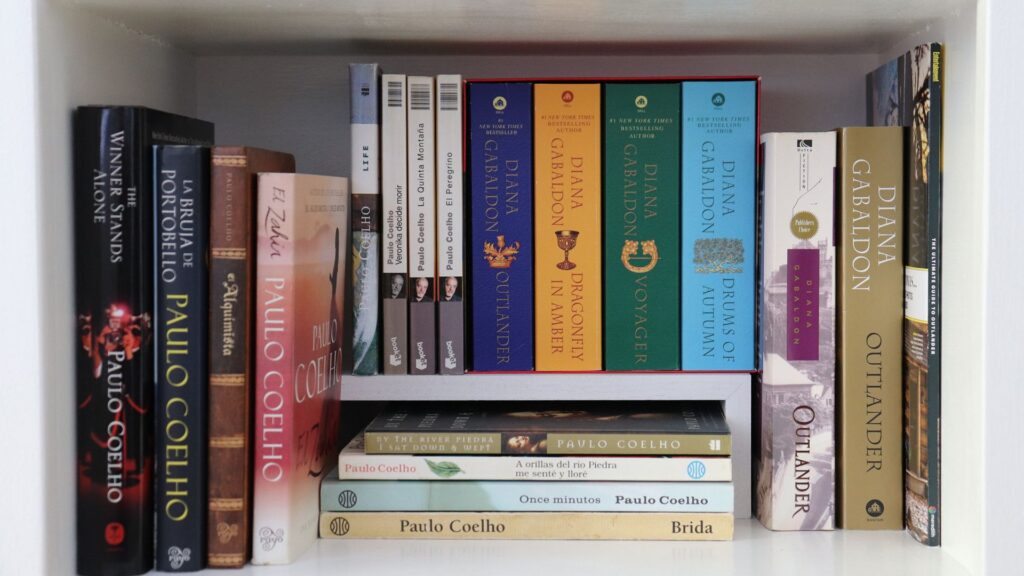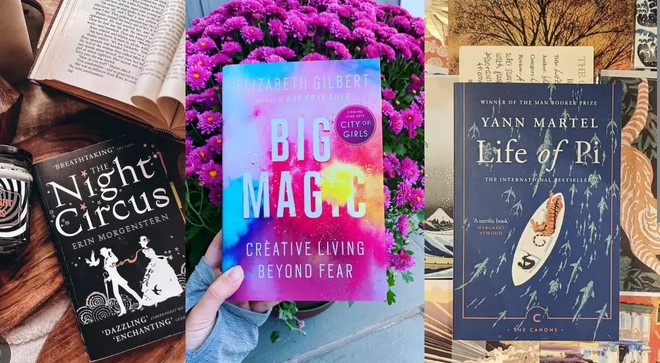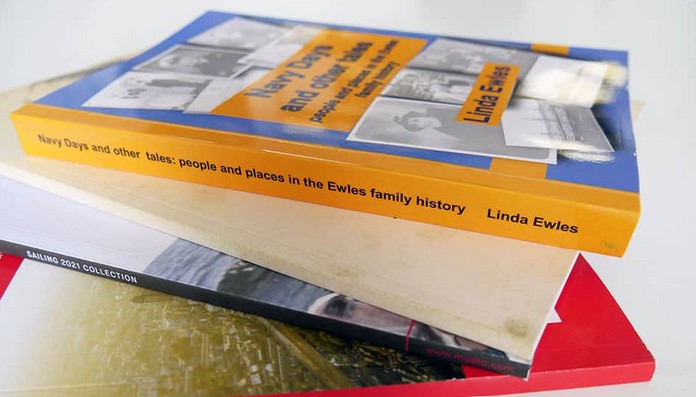Books are more than just physical objects—they are gateways to new worlds, sources of knowledge, and cherished memories. As book lovers, it’s natural to accumulate a vast collection over time. However, without an organized system, your beloved books can quickly become difficult to navigate and enjoy. Organizing your book collection not only makes your library visually appealing but also enhances accessibility, making it easier to find and enjoy your favorite reads whenever you want. This guide will take you through various methods and strategies to organize your book collection efficiently.

Assess Your Current Book Collection
Before diving into any organizational system, it’s important to assess your current collection. Take a few minutes to review how many books you have, what types of books they are, and how they are currently arranged. This step will help you understand your needs and choose the best organizational strategy.
Sort and Categorize Books
Start by sorting your books into broad categories. For example, fiction, non-fiction, memoirs, travel, and self-help might be obvious categories to begin with. If you have a large collection, you might need to further break down these categories into more specific subcategories, such as genres within fiction (e.g., fantasy, romance, mystery, etc.) or themes in non-fiction (e.g., history, business, psychology, etc.).
Purge Unwanted Books
Next, evaluate whether every book in your collection still serves a purpose. You may have books you haven’t read in years or ones you’ll never read again. Consider donating, selling, or trading those you no longer need. This will not only free up space but also make the remaining books more manageable.
Choose an Organizational System
Once you’ve sorted your books, the next step is to decide how you want to arrange them. Several organizational systems work well, depending on your preferences and the size of your collection. Below are a few popular methods:
Alphabetical Order
One of the most straightforward ways to organize your books is alphabetically, by either author’s last name or book title. This system is highly effective for smaller collections and allows you to quickly locate books by remembering the title or author. However, it can become cumbersome if you have a large number of books, as you’ll need to spend more time searching.
Genre-Based Organization
Organizing your books by genre is a practical approach for those with a diverse collection of fiction and non-fiction works. Whether you’re sorting by fiction genres (mystery, fantasy, science fiction, etc.) or by non-fiction topics (history, biographies, politics, etc.), this method makes it easier to locate books based on your current mood or reading interest. For instance, if you’re in the mood for a thriller, you’ll immediately know where to look.
Color-Coding Your Books
For those who love an aesthetic appeal, color-coding is a fun and visually striking way to organize books. While this method doesn’t necessarily make finding a specific book easier, it transforms your shelves into a colorful display of your collection. It’s a great option for those who want to create a visual centerpiece in their living space.
Size-Based Organization
Organizing by size, or height, works well if your space is limited or if you want a clean, minimalist look. This system prioritizes arranging books so that they fit neatly in your shelves, often with the tallest books on one side and the shortest on the other. While this method provides an organized, uniform appearance, it might not always be practical for locating specific books quickly.
Conclusion
Organizing your book collection is not just about aesthetics—it’s about creating a space that is functional, accessible, and enjoyable. By assessing your collection, choosing the right organizational method, and maintaining your library, you’ll be able to effortlessly find and enjoy your books whenever the mood strikes. Whether you prefer to organize by genre, author, or size, the key is to create a system that works for you. With these tips, your book collection will become a well-organized, inviting space that reflects your love of reading and keeps your books in order for years to come.











